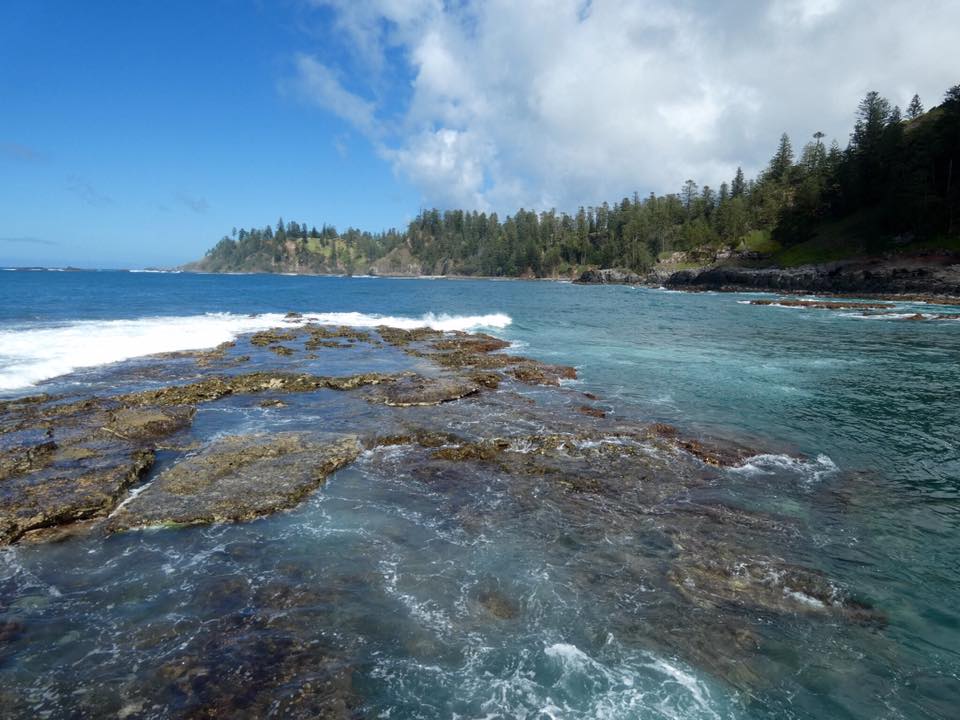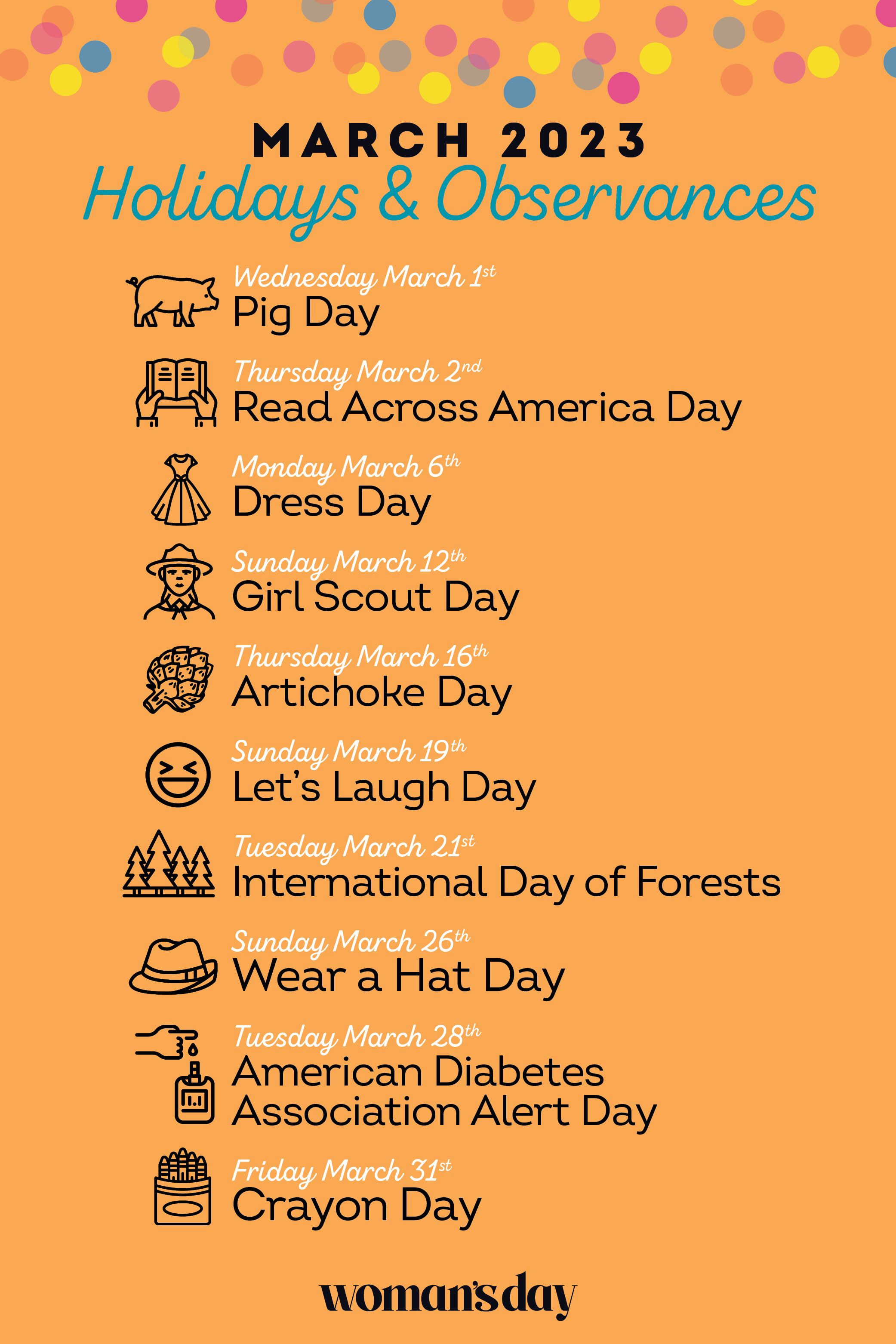World Indigenous Peoples Conference: Uniting Cultures & Voices
The World Indigenous Peoples Conference on Education (WIPCE) provides a pivotal platform that underscores the importance of indigenous knowledge systems and cultural heritages in education. This international event not only unites indigenous communities from around the globe but also encourages a genuine dialogue about the challenges and opportunities that exist in integrating indigenous perspectives into educational practices. As this gathering continues to unfold, it prompts a salient question: how can individuals and organizations champion the rights and voices of indigenous peoples in their local contexts?
Understanding the Essence of WIPCE
At its core, the World Indigenous Peoples Conference on Education seeks to elevate indigenous voices and narratives. By fostering holistic dialogues, WIPCE creates a conducive environment for sharing best practices in education that respect and incorporate indigenous cultures. It recognizes that education is not merely a vehicle for knowledge dissemination but also a means for cultural preservation and an avenue for empowering indigenous youth. Attendees at WIPCE hail from diverse backgrounds, bringing a rich tapestry of experiences that contribute to a multifaceted understanding of indigenous education.
Within these gatherings, participants engage in workshops, discussions, and presentations that focus on various aspects of indigenous education—from pedagogical approaches that respect cultural differences to the incorporation of traditional knowledge in curricula. The conference serves as a reminder that education must reflect the identities and realities of the learners it serves, making a compelling case for culturally-relevant teaching methods that resonate with indigenous students.
Reframing the Narrative in Education
As we navigate through the complexities of modern education, WIPCE challenges the prevailing Eurocentric paradigms that have long dominated the academic landscape. Instead, it advocates for a reimagining of educational frameworks that validate and celebrate indigenous ways of knowing. For instance, integrating storytelling—an age-old tradition among many indigenous cultures—into educational contexts encourages creativity and fosters a deep connection to cultural histories.
This approach not only enriches the learning experience but also empowers indigenous students by affirming their identities and experiences. It creates a symbiotic relationship between education and culture, where students learn about their heritage while simultaneously building critical thinking and analytical skills. The conference’s workshops highlight innovative curricular designs, showcasing successful implementations of indigenous pedagogies and stressing the importance of teacher training in culturally responsive practices.
The Role of Advocacy in Insurrection
WIPCE signifies a collective movement, advocating for policies and practices that dismantle systemic barriers faced by indigenous communities within education. The indomitable spirit of unity felt at these gatherings ignites a fire of advocacy, urging individuals to become active participants in this essential dialogue. Advocacy is pivotal in ensuring that indigenous issues are adequately addressed within educational systems worldwide. The conference encourages attendees to consider how they can leverage their own experiences and platforms to advocate for indigenous rights and educational equity.
This collective advocacy extends beyond the walls of the conference venue. It invites collaboration among indigenous and non-indigenous allies who share a vision of educational reform that prioritizes cultural equity. Engaging with local communities, advocating for policies that reinforce indigenous representation in planning and decision-making processes, and promoting inclusive educational practices can ignite transformative change.
Taking Action Beyond WIPCE
As the conference concludes, participants are left with an indelible sense of purpose. The question lingers: how can each of us act to support indigenous peoples and their educational endeavors? The journey does not end with attending events like WIPCE; actionable steps must follow. From advocating for reforms in curricula to lobbying for increased funding for indigenous education initiatives, every individual can contribute to this cause.
Moreover, fostering relationships with indigenous communities in their own regions can help bridge cultural gaps and create collaborative opportunities for educational initiatives. Understanding the cultural context, valuing indigenous knowledge, and amplifying the voices of indigenous students are essential components of effective advocacy.
In essence, the World Indigenous Peoples Conference on Education establishes a vital challenge: the call to action for individuals and institutions alike to champion the rights of indigenous peoples through education. It serves as a reminder that education, when executed with authenticity and respect for cultural diversity, can truly empower and uplift communities, creating a more equitable and harmonious society for all.
You May Also Like
Best Fish to Catch in Australia: A Guide for Anglers
Australia boasts an extraordinary diversity of fish species, making it …
Emily Bay Norfolk Island: A Hidden Gem in the Pacific
Emily Bay, a picturesque enclave nestled on the sun-kissed shores of …
Holidays on August 23: Global Festivities & Observances
August 23 is a date that carries a bouquet of cultural significance …





